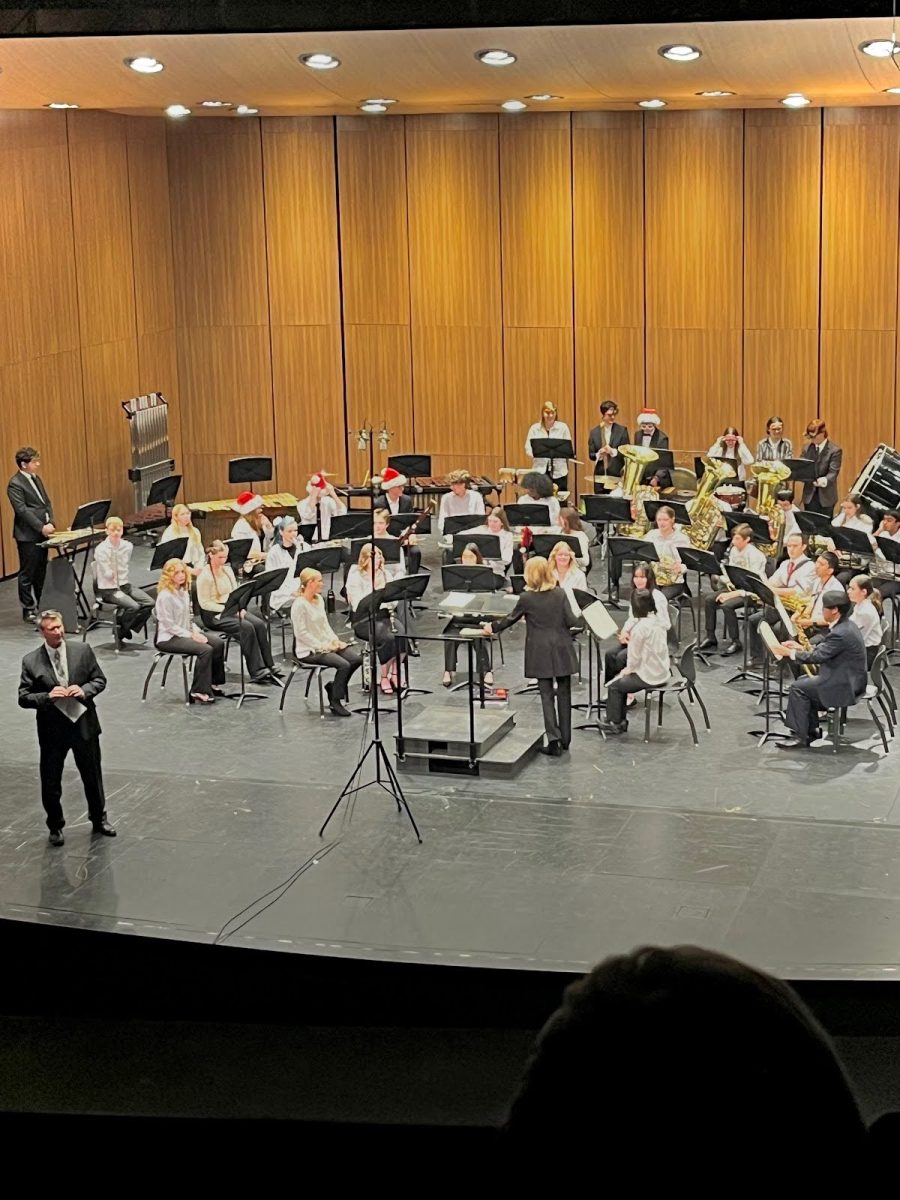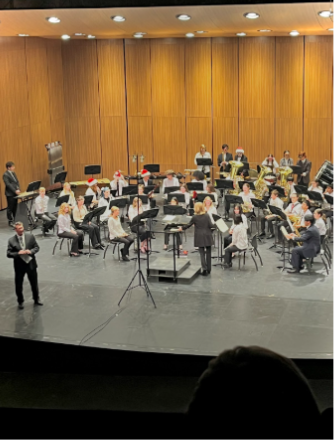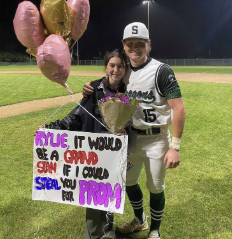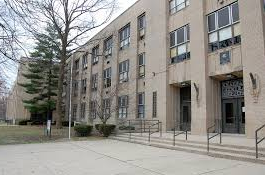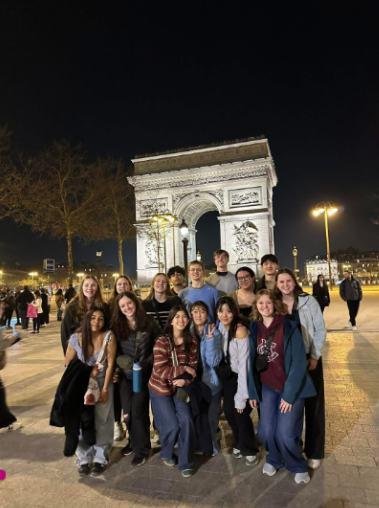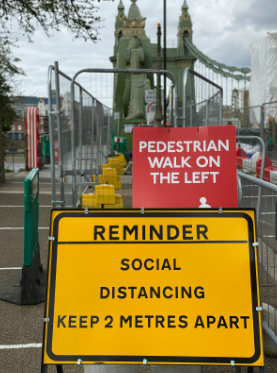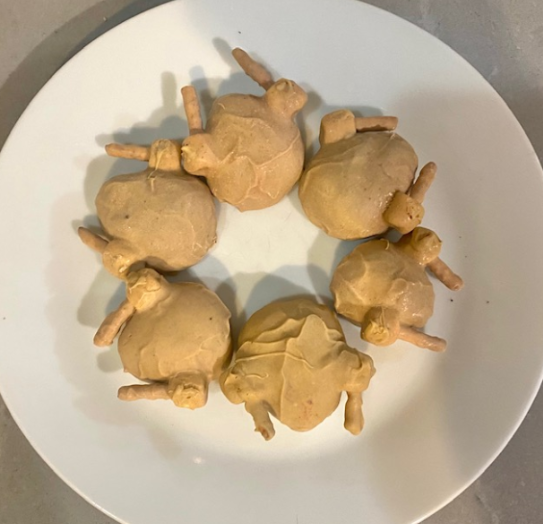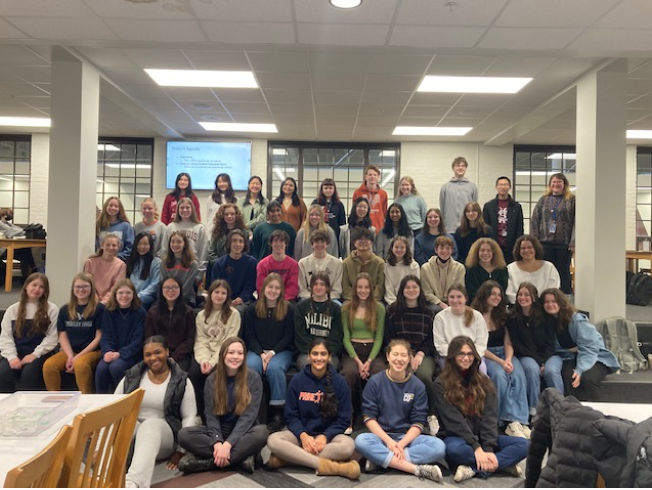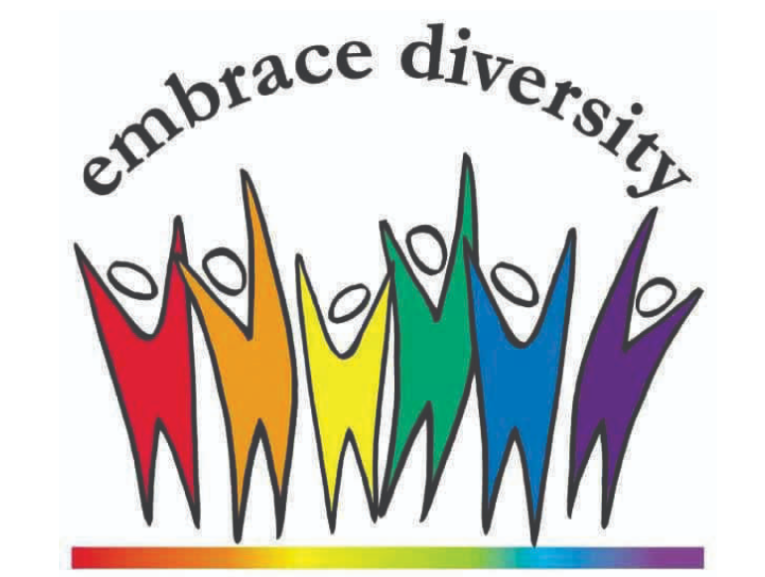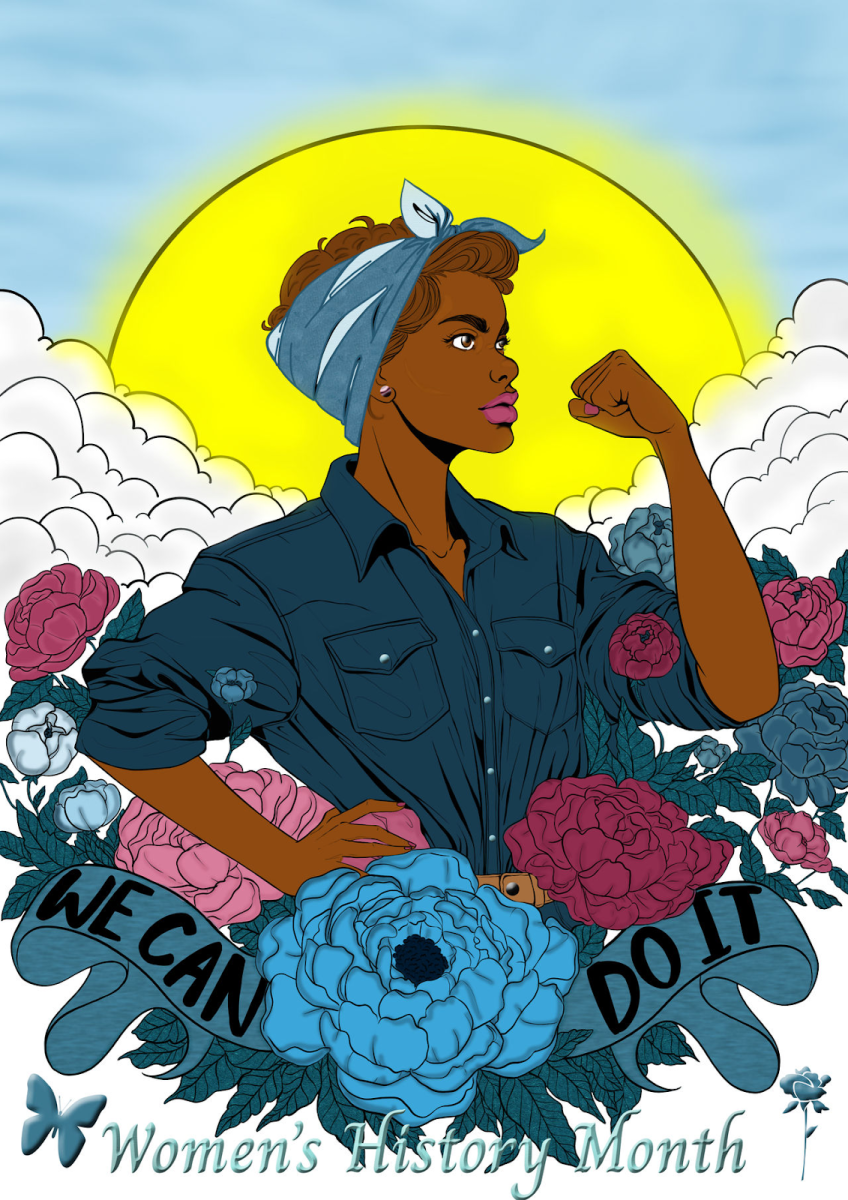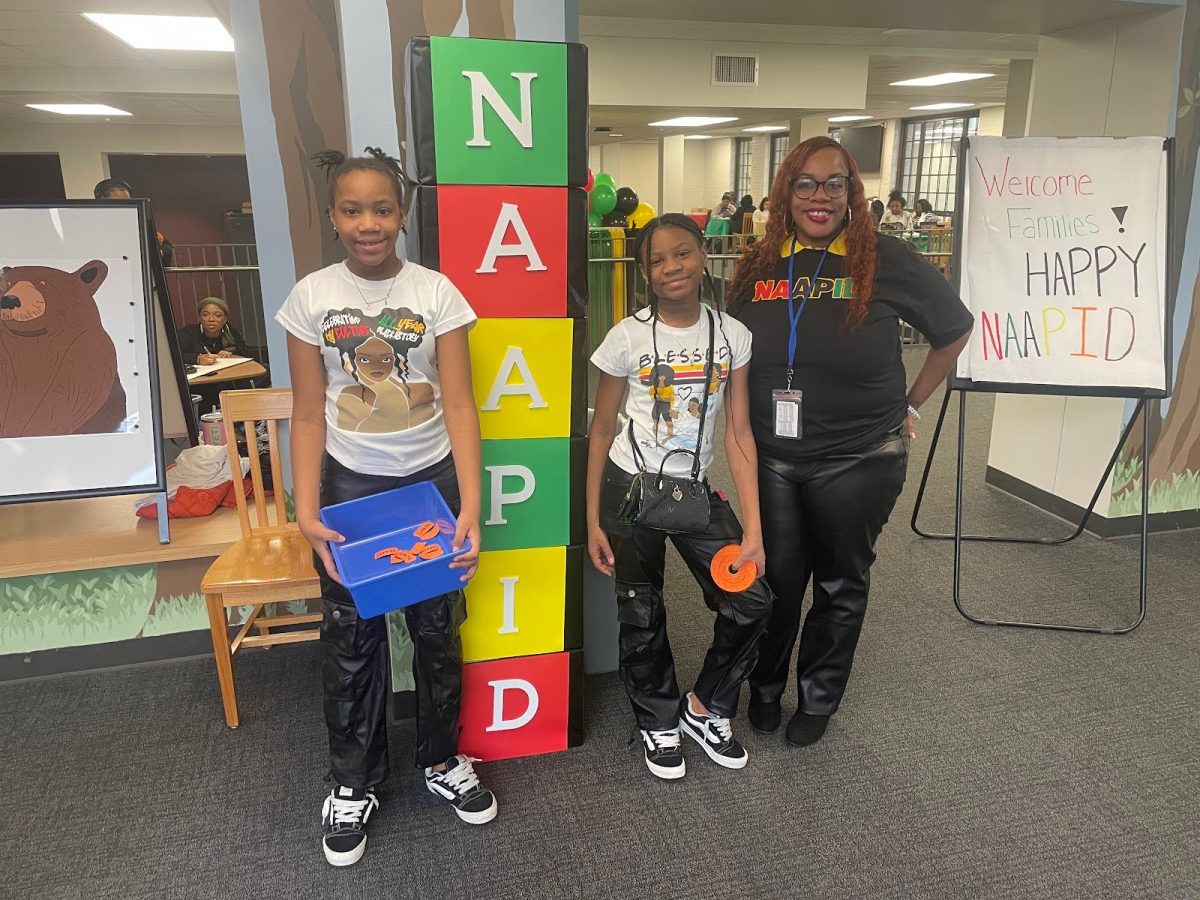How These African American Authors Have Shaped Literary History
February 13, 2023
Through reading and literature, we can grow a better understanding of our culture and those around us. Now more than ever, it is so important to have diversity in our literature. As we enter into Black History Month, let’s take some time to recognize how African Americans have shaped literary history and used their works to depict their everyday experiences.
Here are a few African American authors who have helped shape literature:
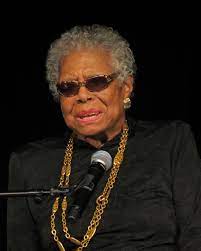
Maya Angelou
Angelou was an American poet, memorist, and actress. She was from St Louis, Missouri, and experienced sexual oppression at a very young age. This caused her to become mute for five years due to her severe anxiety and trauma. In the five years that she experienced this, her listening and memorizing skills improved, which expanded her love of books. These skills helped her become successful later on in her career. Her career began in the 1950’s as a performer when she studied acting and dancing. She performed in many Broadway productions in her early career, but eventually branched out into writing poetry and autobiographical books. Her several volumes of autobiography explore the topics of economic, racial, and sexual oppression. One of her most famous works is “I Know Why the Caged Bird Sings”, an autobiography which chronicles her childhood of the traumatic experiences of rape and racism that she faced. This story illustrates how strength of character can help one overcome racism or trauma. Its intimate description of freedom is also powerful.
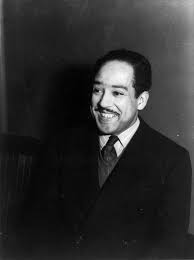
Langston Hughes
Hughes was from Joplin, Missouri. He attended Columbia University from 1921 to 1922, but left due to his experience of racial exclusion from his white peers. From 1928 to 1930, he lived in New York and took part in the Harlem Renaissance, an African American artistic movement that celebrated black life and culture. The name “Harlem Renaissance” was given to the flowering of intellectual and cultural activity amongst the black community of New York at the time. Later on in his career, Hughes wrote novels, short stories, plays, and poems. His literary works helped shape American literature and politics, some of which expressed his admiration for the Soviet Union. However, Hughes is best known for his jazz poetry, which uses Black folk rhythms and is closely connected to jazz music.

Octavia Butler
Butler used science fiction to address the human experience of African Americans, global warming, and women’s rights. She was born in Pasadena, California in 1947, and grew up in a poor city that was segregated. Butler lost her father at a young age and her mother, who also grew up poor, worked hard to make sure she had more opportunities and good education. While in school, Butler struggled with dyslexia and found a lot of the books she read to be boring, as well as unrelatable due to her race. Because of this, she developed the desire to write her own stories, and immediately knew that she wanted to write science fiction. This started the root of her career as a professional writer. Through her writing, she challenged gender stereotypes in American fiction and white privilege in her narratives. So many of her novels are relevant today because their calls to socio-political action are highly applicable to our survival as a species. One of her best works is her time travel narrative Kindred, in which the novel’s protagonist Dana witnesses the savagery of American slavery. This story is an example because it helps us understand the long history of slavery that helped build America into the economic powerhouse that it is today.

Zora Neale Hurston
Hurston was born in Notasulga, Alabama in 1891, and both of her parents had been enslaved. She started publishing short stories in 1920, but wasn’t recognized by the mainstream literary audience right away. However, she did gain a following from African Americans, and eventually collaborated with other writers such as Langston Hughes and Countee Cullen, who she joined in the Harlem Renaissance. Throughout her life, Hurston dedicated her life to promoting and studying black culture. She mainly wrote short stories, novels, and plays, and her works often depicted African American life in the south, and examined the experiences of black women. Her most famous work is Their Eyes Were Watching God, which is a fictional story that chronicles the life of Janie Crawford, who is biracial and refuses to live her life in sorrow, bitterness, or fear.
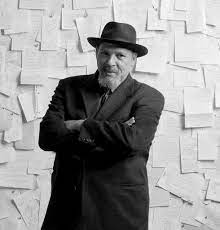
August Wilson
Wilson grew up in the Hills District of Pittsburgh, where he was constantly surrounded by the sounds, sights, and struggles of urban African American life. He gained appreciation for his culture when he moved to St. Paul, Minnesota in his early thirties. While Wilson has been known as an American playwright, he was originally a poet and short-story writer at the start of his career. His first theater experience was in 1968, where he learned to direct plays but still didn’t consider writing them. In 1977, he converted some of his poems into a play, which began his career as a playwright. His plays portray the African American experience in the twentieth century. His most famous play is The Piano Lesson, which follows the lives of a family whose piano has carvings of their ancestors. This story particularly highlights that African Americans should be in touch with their history if they hope to build a positive future.
